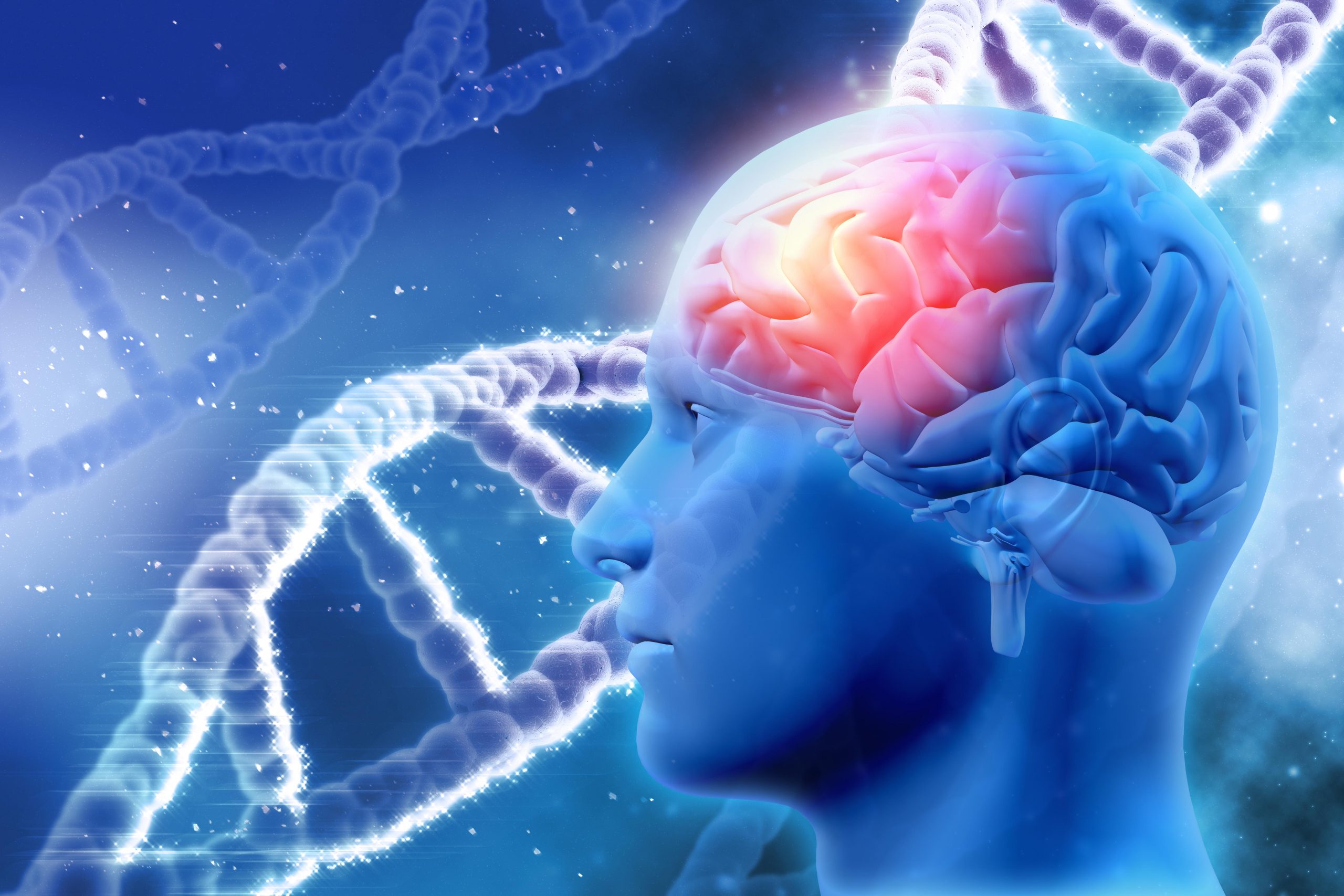
Improving Mental Health in Older Adults Living With HIV
Adults Living With HIV describe a range of strategies to maintain or improve their mental health and emotional wellbeing, according to an English study published in AIDS Care. Many people said they shifted the focus of their attention away from HIV to other aspects of their lives. Getting support from external agencies and from other people living with HIV was also extremely important for many.
While all participants were over the age of 50 and the oldest was aged 87, half were in their early or mid-fifties and half had been living with HIV for ten years or less. Reflecting the largest groups in the UK epidemic, participants were a mix of white gay men, black African heterosexual men and women, and white heterosexual men and women.
A recent study conducted by investigators from ViiV Healthcare sought to explore if an online mindfulness based intervention could improve the mental health of older adults living with HIV. The data was presented during the Conference on Retroviruses and Opportunistic Infections (CROI) 2021 virtual sessions.
The study, a randomized controlled trial, included 214 participants who were randomized with a mean age of 60.4 years, of which 89% were male, 69% were white, and 74% were gay or lesbian. The participants self-reported any degree of loneliness in a daily dairy that asked the question "How lonely do you feel today?”
Levels of depression were measured using the Center for Epidemiologic Studies Depression Scale (CES-D-10), anxiety was measured using the Generalized Anxiety Disorder (GAD-7), and loneliness was measured using a Three-item Loneliness Scale (3IL).
Findings from the study showed that after 25 days of the intervention, the Adults Living With HIV demonstrated reduced levels of depression and reduced levels of anxiety in comparison to the control group. Additionally, loneliness improved significantly, as indicated by the Daily Diary, for those with at least moderate loneliness at baseline.
Research suggests that almost 40%Trusted Source of older people with HIV experience depression.
In addition to the emotional strain of dealing with the physical and cognitive effects above, older people may experience a sense of stigma, uncertainty, and confusion arising from their diagnosis.




















